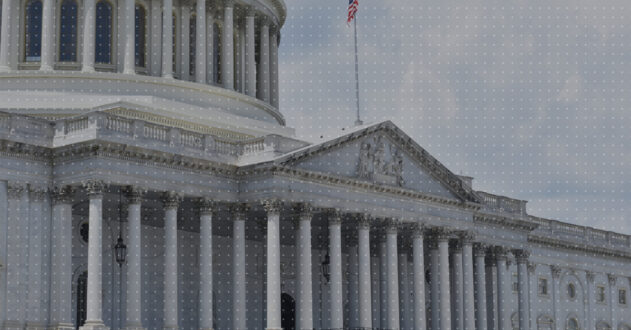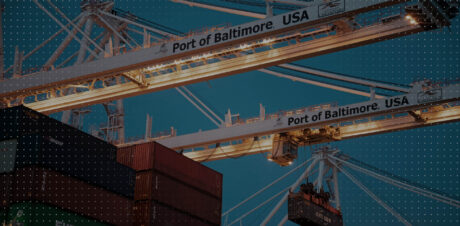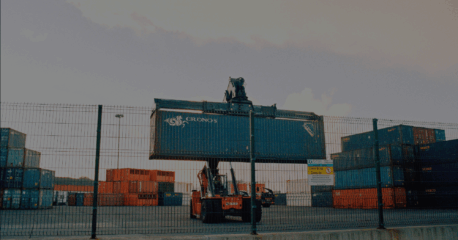At Sayari, we are constantly communicating with government teams across various departments, including at the Treasury, Commerce, and Defense to name a few. In these conversations, we’ve noticed several common themes and challenges that come up time and time again. This blog post is part of a series where we will answer the burning questions we hear most from government analysts and leaders.
In the 12-month period ending October 2024, over 84,000 Americans died of drug overdoses. The majority of these overdoses result from synthetic opioids, primarily fentanyl, and the opioid epidemic costs the U.S. more than $1 trillion yearly. Illicit drug supply chains have a major impact on U.S. prosperity and security.
President Trump has made combatting illicit drugs a priority. He issued Executive Order 14157, designating cartels as Foreign Terrorist Organizations (FTOs) and Specially Designated Global Terrorists (SDGTs). In addition, Trump has ordered multiple military strikes on alleged Venezuelan drug boats.
Counternarcotics investigators, facing a growing list of targets and evolving evasion tactics by illicit actors, daily confront a basic challenge: How can we map illicit drug supply chains from source to street?
This blog post outlines the challenges faced by investigators as they combat illicit drug supply chains and discusses how technology can be used to help map and disrupt these chains.
>> Discover four techniques for investigating fentanyl networks using public data <<
Mapping Illicit Drug Supply Chains
Within the U.S., transnational criminal organizations (TCOs) control the majority of many illicit drug supply chains, particularly at the wholesale and trafficking stages. As transnational crime is often interconnected, TCOs can use drug trafficking routes to also move weapons, trafficked people, or counterfeit goods. For example, cartel-led schemes to smuggle black-market oil and gas have recently been uncovered.
>> Learn how Sayari goes beyond regulatory lists to identify hidden cartel risk <<
The adaptability of illicit actors, increased anonymity in financial markets, and the complexity of international investigations make it challenging for counternarcotic investigators to disrupt these TCOs.
Production of synthetic drugs relies on precursor chemicals that are often legally manufactured and sold. The volume of legitimate trade makes it difficult for authorities to differentiate and intercept shipments bound for illicit labs. Trafficking methods are also evolving as illicit actors mislabel cargo on shipment manifests, transship goods through third countries, and exploit legitimate companies to import chemicals for later diversion. Layered ownership is used to obfuscate activities and the anonymity of cryptocurrency hinders efforts to tie financial activity back to specific individuals or criminal organizations.
Cross-border investigations are inherently challenging. U.S. counternarcotics cooperation with major source or transit countries, such as China and Mexico, is inconsistent. Navigating language barriers when investigating TCOs is an additional challenge.
Investigators employing manual analysis and case management processes struggle to keep pace with the challenges posed by TCOs. The massive volume of information and shipments require technology solutions to help efficiently gather actionable intelligence on supply chains and disrupt their operations.
Sayari: The Solution for Counternarcotics Investigations
Sayari enables criminal investigators to trace illicit activity — even in hard-target jurisdictions — and uncover complicit parties. By leveraging instant access to authoritative global corporate and trade data, investigators use Sayari to map hidden networks, expose complex relationships, and drive evidence-backed investigations with source documentation for every finding.
>> Get techniques to detect trade anomaly at scale to identify high-risk chemical importers <<
Here is how Sayari directly addresses the core challenges involved in combating illicit drug networks:
- For Mapping Illicit Networks: Sayari enables investigators to profile targets, map precursor supply chains, and investigate narcotics trafficking logistics networks using the largest commercially available collection of corporate and trade data. Sayari’s data coverage includes high-risk jurisdictions like China and Venezuela, where traditional data providers have limited coverage. In-app translation capabilities increase efficiency as investigators encounter content outside their native language.
- For Tracing Financial Flows: Sayari provides deep visibility into complex corporate structures and relationships, helping to identify high-risk parties and suspicious activity patterns that might indicate money laundering. To combat the growth of anonymous financial transactions, Sayari’s extensive dataset of public records can be combined with blockchain analytics to drive effective investigations into crypto-related fraud and money laundering.
- For Proactively Identifying Key Actors: Sayari’s combined trade and corporate data enables investigators to generate leads based on high-risk patterns in trade activity and corporate structure. From a single lead, investigators can map broader networks of trading partners and control parties.
Sayari is trusted by U.S. law enforcement to support their most difficult missions with our global dataset and intuitive investigative tools. To learn how your team can efficiently conduct investigations to map and disrupt illicit drug supply chains, request a personalized demo.



